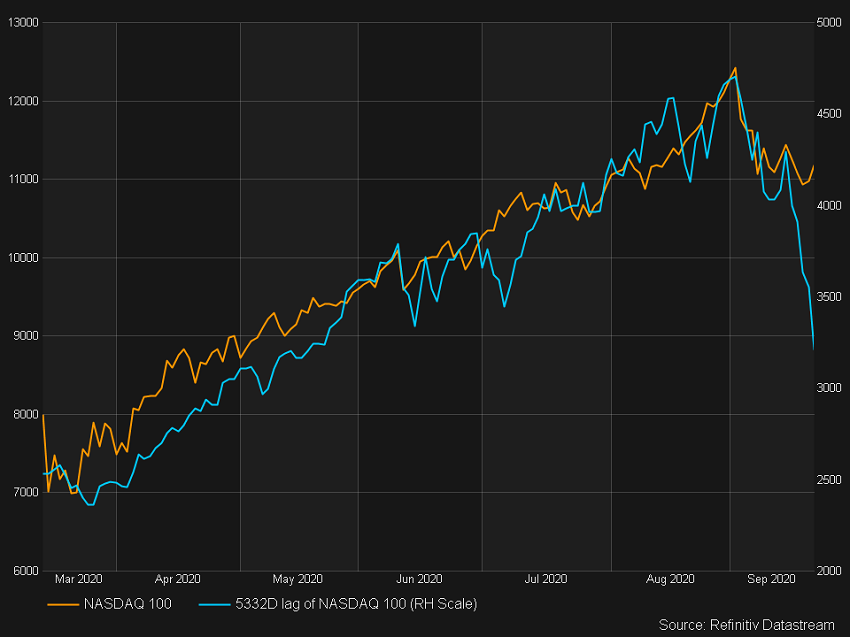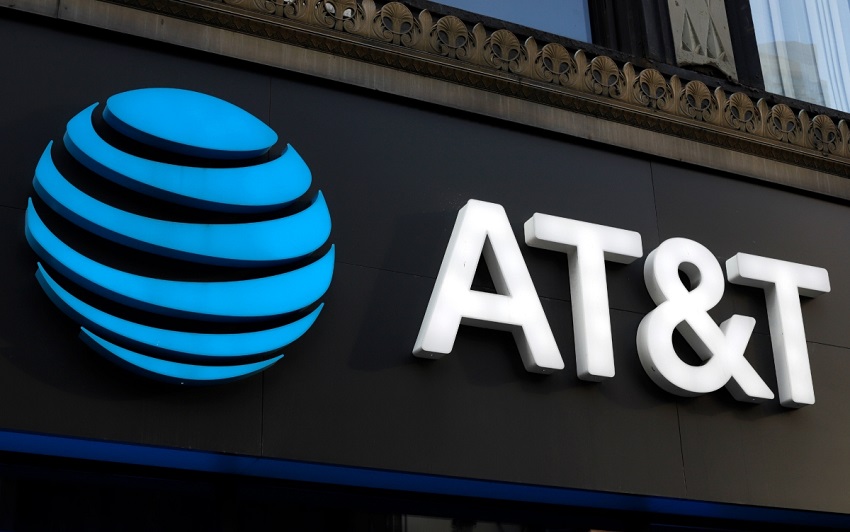If you’ve ever been curious about the historical performance of AT&T’s stock, particularly in the year 1999, you’re not alone. The late 1990s were a time of significant growth and technological advancements in the stock market, and AT&T, being a prominent player in the telecommunications industry, had its share of attention from investors. In this article, we’ll delve into the details of AT&T’s stock price in 1999, exploring the factors that influenced it and the overall market sentiment during that period. This content is completed by communalbusiness.net
The Dot-com Bubble and the Stock Market Frenzy
The Rise of Internet Companies
In the late 1990s, the world witnessed a remarkable surge in internet-based companies. Businesses with “dot-com” in their names were getting substantial attention from investors, even if they had little or no profits. This frenzy of investment gave rise to the infamous Dot-com Bubble.
AT&T’s Position in the Market
Amidst the dot-com mania, AT&T held a significant position in the telecommunications industry. As one of the largest and most established companies in the field, it had a loyal customer base and strong brand recognition. Discover what is one share of 1964 at&t stock worth.
AT&T Stock Performance in 1999
Starting Point: January 1999
In January 1999, AT&T’s stock was trading at around $58 per share. This initial value set the stage for the stock’s performance over the course of the year.
Market Sentiment and Stock Fluctuations
During the first half of 1999, AT&T’s stock experienced relatively stable growth. However, as the Dot-com Bubble continued to inflate, more and more investors were drawn to the seemingly limitless potential of internet companies. This diversion of investment from traditional industries like telecommunications affected AT&T’s stock price.
H2: Peak Value: July 1999
In July 1999, the stock reached its peak value for the year. It briefly touched the $90 mark, representing a significant increase from its January price.
Bursting of the Dot-com Bubble
As 1999 progressed, cracks began to appear in the dot-com bubble. Many internet companies that had previously enjoyed soaring stock prices started facing financial difficulties, and investor confidence wavered.
AT&T’s Decline in Late 1999
AT&T’s stock price was not immune to the bursting of the dot-com bubble. As the market sentiment shifted, the stock began to lose some of its value. By the end of 1999, it had dropped to around $65 per share.
Factors Influencing AT&T’s Stock Price in 1999
Dot-com Bubble Impact
The overall market euphoria surrounding dot-com companies had a significant impact on AT&T’s stock performance. As investors flocked to high-flying internet stocks, they diverted their attention and capital away from more traditional companies like AT&T.
Company Performance
AT&T’s own financial performance and strategic decisions also played a role in its stock price fluctuations. Positive earnings reports and successful business moves often led to temporary increases, while negative news could result in declines.
Market Perception
Perceptions about AT&T’s ability to adapt to the changing telecommunications landscape influenced investor confidence. Companies that were seen as slow to embrace the internet age were often viewed less favorably.
In conclusion, AT&T’s stock in 1999 was significantly affected by the Dot-com Bubble and the market frenzy surrounding internet-based companies. While it reached its peak value in July 1999, the bursting of the bubble later in the year caused the stock to decline. Factors such as the overall market sentiment, AT&T’s performance, and its ability to adapt to emerging technologies all contributed to the stock’s movements during that time.
FAQs
- Did AT&T recover from the decline in 1999?
Yes, AT&T eventually recovered from the decline in 1999. Over the years, the company implemented strategic changes, adapted to the evolving telecommunications landscape, and regained investor confidence.
- What caused the bursting of the Dot-com Bubble?
The bursting of the Dot-com Bubble was caused by the realization that many internet companies were overvalued and lacked viable business models. As a result, investors started selling off their stocks, leading to a rapid decline in their prices.
- Is AT&T still a relevant player in the telecommunications industry today?
Yes, AT&T remains a significant player in the telecommunications industry. It has expanded its services to include wireless, internet, and entertainment offerings, solidifying its position in the market.
- How has the stock market changed since 1999?
Since 1999, the stock market has experienced various ups and downs, including the 2008 financial crisis and the recent COVID-19 pandemic. Technological advancements and regulatory changes have also shaped the market’s landscape.
